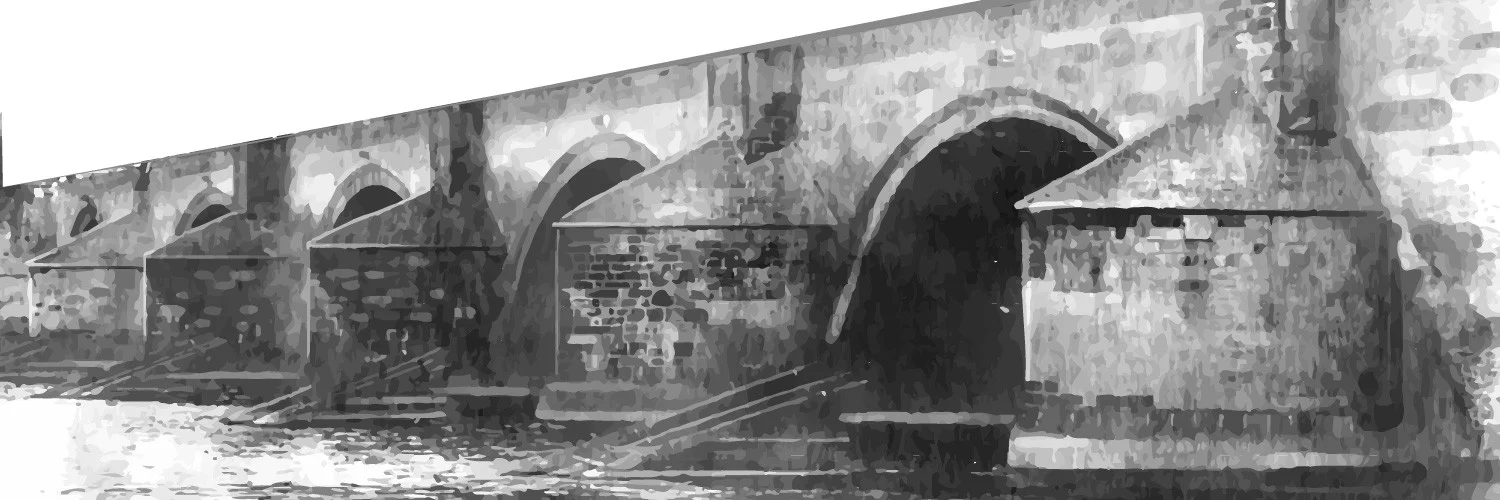The Battle of Monocacy, in part because of its relative obscurity, but also because of the complexity of its strategic effect, opens up interesting questions about historical contingency, the meaning of victory and defeat, the duality and ambiguity of war and strategy, and the narratives that take hold and those which fade away.
A Man Apart: The Political Education of General William Sherman at the Battle of Shiloh
Roaring thunder and rain cascading in sheets shrouded the day’s horrific toll by drowning out the cries of the wounded and dying strewn about the ground and cloistered in hospital tents. The carnage was stunning to all involved, save for the prophet whose “gallant and able” leadership under fire prevented a catastrophe. William Sherman’s redemption was at hand.
Vicksburg: The Past and Future of Amphibious Operations
The Vicksburg Campaign yields a number of lessons for tacticians and strategists. Grant was a talented commander to be sure, but the most important reason for his success was the Union Navy under the able leadership of Admiral Porter. Not just its presence, but the tight coordination between the two allowed one to support the other and vice versa. Land and sea are too intimately connected during amphibious campaigns for the typical supported/supporting relationships to work, there must be symbiosis.
#Reviewing American Ulysses: The Rehabilitation of an American Hero
Theodore Roosevelt, a man who held the unique distinction of being both an historian and a president, once wrote of American history, “Mightiest among the mighty dead loom the three great figures of Washington, Lincoln, and Grant.” Roosevelt’s words would come as a shock to most Americans today. Although Grant’s reputation has undergone a rehabilitation in the last two decades, he hardly ranks among great American leaders in the minds of all but a handful of historians, and the popular conception of Grant as an inept drunk still lingers.






